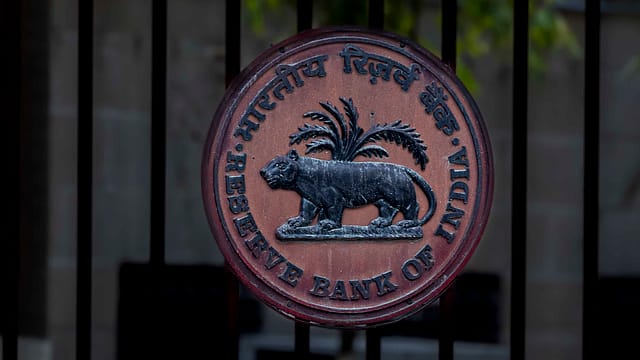RBI's dividend transfer to ease near-term deposit accretion woes
ADVERTISEMENT

The expected mammoth dividend transfer by the Reserve Bank of India (RBI) to the tune of ₹2.11 lakh crore to the central government and subsequent spending by the latter will reduce the ongoing pressure on the banking system deposit accretion and overall rates in the system, according to India Ratings and Research (Ind-Ra).
The mega dividend will give a fillip to the central government’s fiscal position, which may lead to additional spending or fiscal consolidation or a combination of both, the rating agency says. However, the structural challenges for banks in terms of deposit accretion will continue in the medium to long term.
Ind-Ra in its FY25 credit market outlook highlighted the Indian economy is in the middle of a coordinated tightening on the fiscal, monetary, liquidity and regulatory fronts; the aggregate impact of which will be felt in FY25.
The agency expects while fiscal and regulatory tightening will continue, monetary conditions starting with the banking system liquidity will begin to ease. However, the overall lending rates are likely to remain elevated and easing, if any, will be visible only from the second half of FY25.
“However, given that credit growth continues to be strong and deposit growth has now been lagging advances growth for the past couple of years, the structural challenges for banks in term of deposit accretion will continue in the medium to long term”, says Karan Gupta, head and director of Financial Institutions, Ind-Ra.
The agency also expects the dividend transfer to improve the liquidity conditions and alleviate heightened pressure on the banking system deposit, leading to the easing of pressure on the cost of liabilities for banks in the near term. “The dividend transfer has added to the base money, which is durable in nature. However, the impact of government spending pattern and forex flows will continue to determine daily volatility in the system liquidity, though with reduced degree,” says Ind-Ra.
Ind-Ra does not expect any need for open market operations sales in FY25. “The unexpected dividend will balance a part of the natural requirement of base money creation during the year. Moreover, given the volatile nature of foreign portfolio investments (FPIs), sterilising such non-durable flows by durable tools such as open market operations sale is unwarranted,” it says.
Banks have been facing challenges in terms of garnering deposits against the strong credit demand in the past two to three years. This has largely been attributed to the long-term structural problems such as rising competition from other financial products and short-term challenges such as inadequate base money creation coupled with the spending pattern of the government. On the other hand, credit demand surged post-COVID-19, clocking an average aggregate yearly credit growth of 16%-17%.